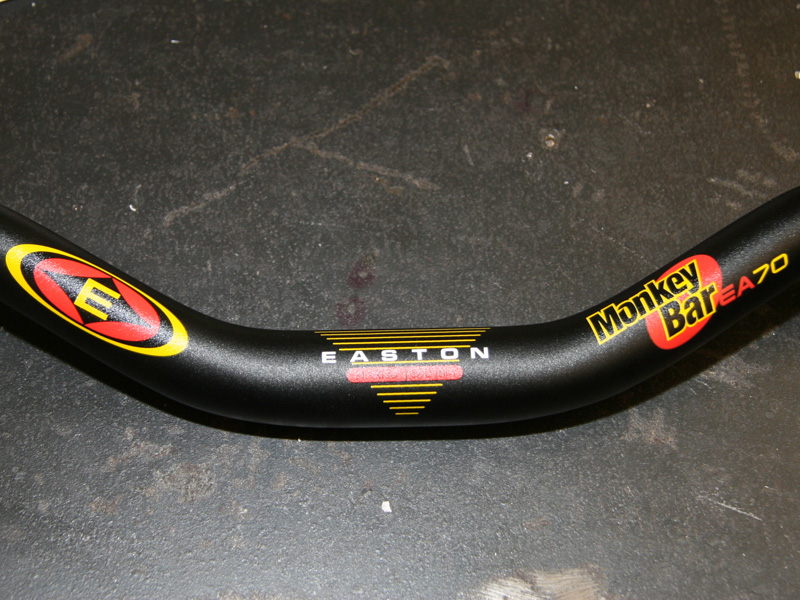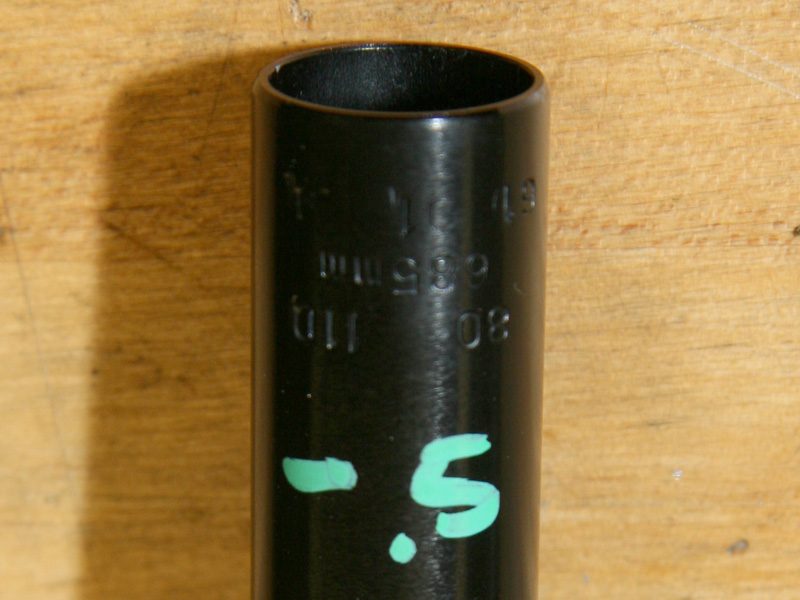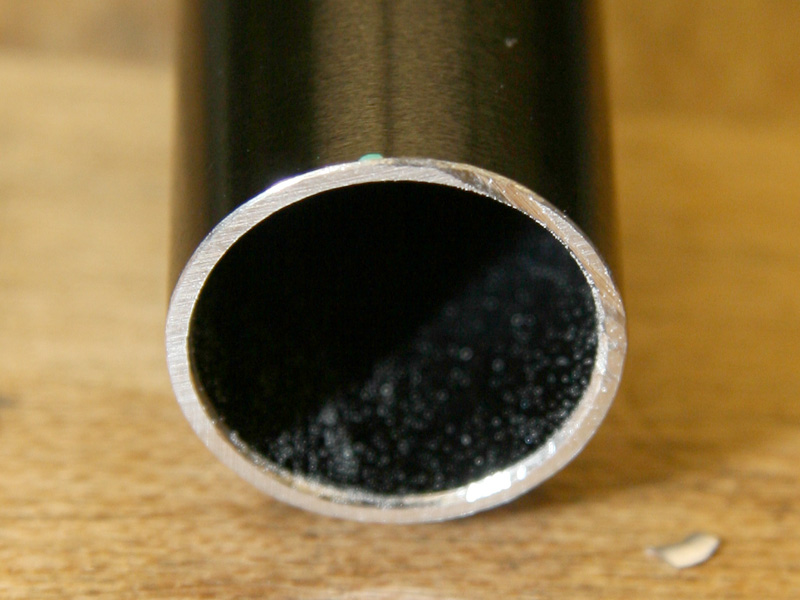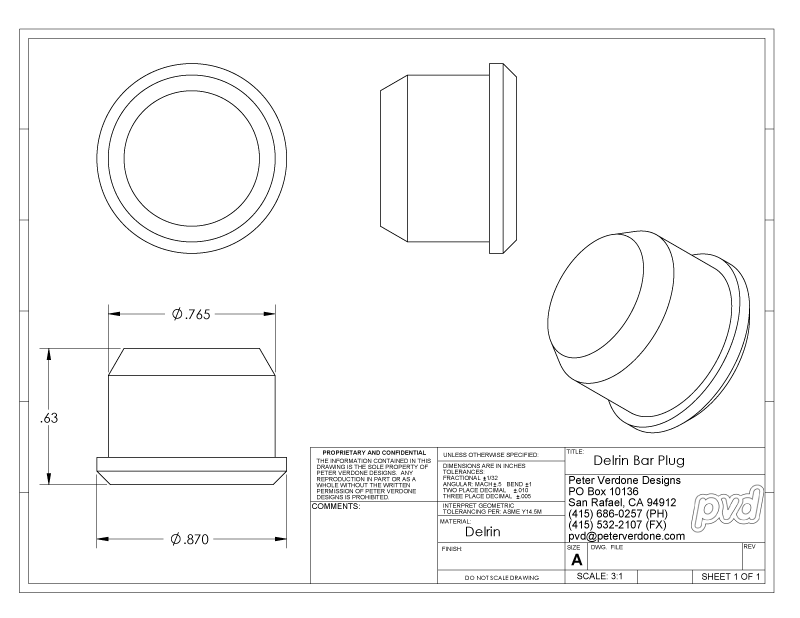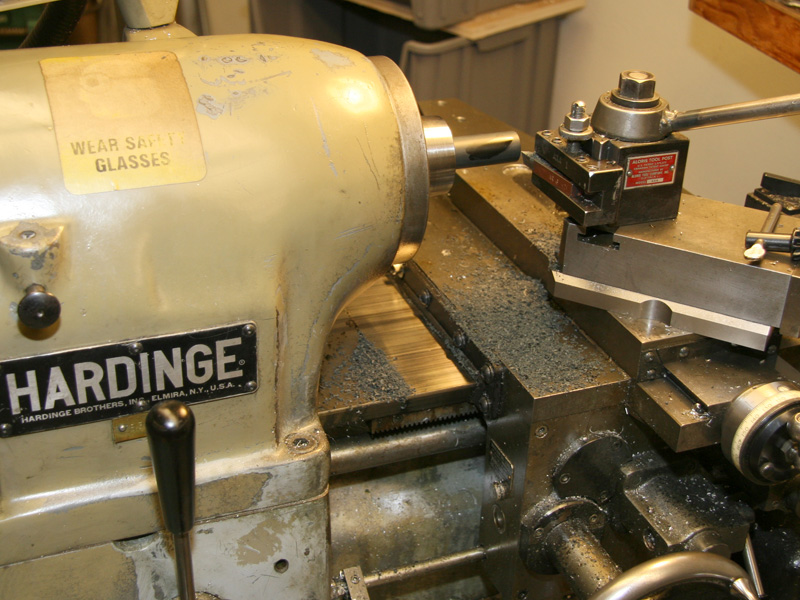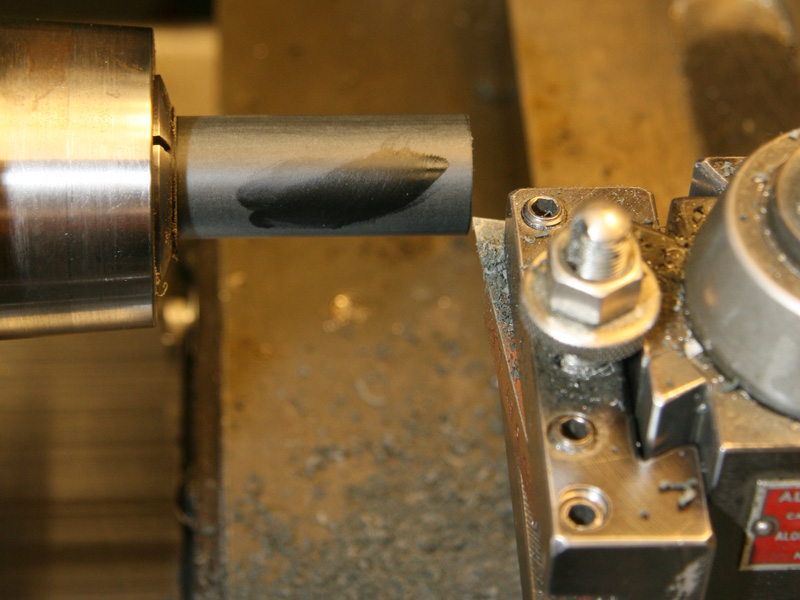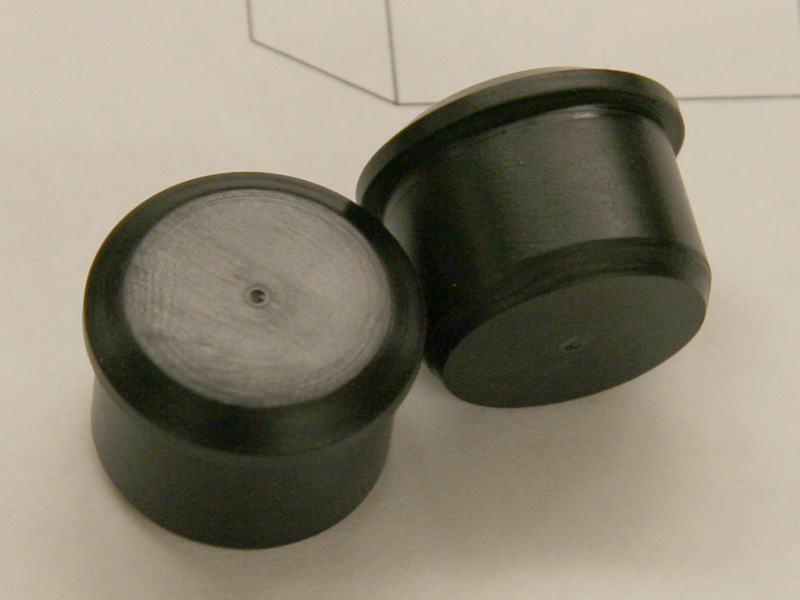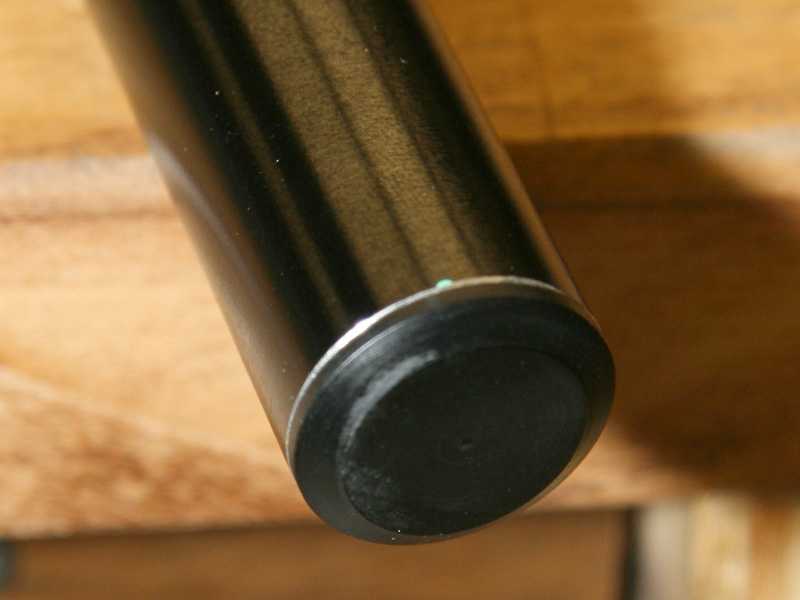Difference between revisions of "Handlebar Preparation"
(→Make and Install Delrin Plugs) |
|||
| Line 1: | Line 1: | ||
| − | Preparing mountain bike handlebars is quite simple, but easy to do wrong. | + | Preparing mountain bike handlebars is quite simple, but easy to do wrong. The key is to have the ends of the bar end up very rugged, and able to slide against trees and rocks. Sliding is key so that you can actually lean against a rock face with your bar as you pedal. This technique can prevent you from crashing or help you make a section. |
| + | |||
| + | The key to all this is a custom delrin end plug. Here is how: | ||
==Cut to Length== | ==Cut to Length== | ||
Revision as of 22:46, 12 October 2006
Preparing mountain bike handlebars is quite simple, but easy to do wrong. The key is to have the ends of the bar end up very rugged, and able to slide against trees and rocks. Sliding is key so that you can actually lean against a rock face with your bar as you pedal. This technique can prevent you from crashing or help you make a section.
The key to all this is a custom delrin end plug. Here is how:
Cut to Length
I cut my example to about 25.5" These bars will be going onto a singlespeed, so a little wider is better. On a geared bike, I would cut them about an inch or so narrower.
Cutting handlebars too narrow results in extremely poor handling and leverage against the terrain. Leaving the bars too wide results in bumping trees or bridges too much, plus you are limited in terms of narrowest crossings.
Square and Clean up Ends
Make and Install Delrin Plugs
The 0.765 measurement of the plug on this drawing is the actual size of the bore of the bar. The plug needs to be cut about 0.002-0.003" larger than the bore so that it will be held tight via press fit.
